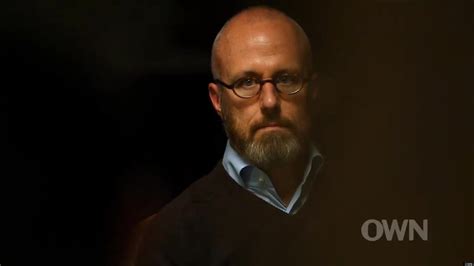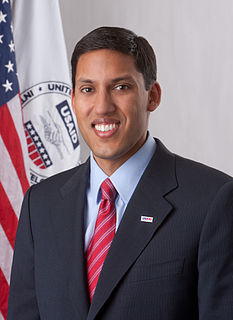A Quote by Alan Chambers
For someone to promise a percentage type cure for this issue, for instance I had someone who said they had experienced a 90 percent permanent - in all caps PERMANENT - reduction of their same-sex attraction. How can we quantify that? How can you even know that that's what you have experienced? And what if at some point you fall to 85 percent or 70 percent? That, I think, sets people up for unrealistic expectations and is something that I'm not willing to offer when we're sharing these types of messages or presenting what was presented to me.
Quote Topics
Attraction
Caps
Cure
Even
Expectations
Experienced
Fall
Had
How
Instance
Issue
Know
Me
Messages
Offer
People
Percent
Percentage
Permanent
Point
Presented
Presenting
Promise
Quantify
Realistic Expectations
Reduction
Said
Same
Sets
Sex
Sharing
Some
Someone
Something
Think
Type
Types
Unrealistic
Unrealistic Expectations
Up
Willing
Related Quotes
If we continue on the trend we’re on, we can reduce extreme poverty by more than 60 percent-lifting more than 700 million people out of dollar-and-a-quarter a day poverty and back from the brink of hunger and malnutrition. But if we accelerate our progress from 3 percent annual reduction to over 6 percent and focus on key turnarounds in some difficult countries, we could get a 90 percent reduction. We could essentially eliminate dollar-and-a-quarter head count poverty.
Economists often talk about the 80/20 Principle, which is the idea that in any situation roughly 80 percent of the “work” will be done by 20 percent of the participants. In most societies, 20 percent of criminals commit 80 percent of crimes. Twenty percent of motorists cause 80 percent of all accidents. Twenty percent of beer drinkers drink 80 percent of all beer. When it comes to epidemics, though, this disproportionality becomes even more extreme: a tiny percentage of people do the majority of the work.
I know Teddy Kennedy had fun at the Democratic convention when he said that I said that trees and vegetation caused 80 percent of the air pollution in this country. ... Well, now he was a little wrong about what I said. I didn't say 80 percent. I said 92 percent-93 percent, pardon me. And I didn't say air pollution, I said oxides of nitrogen. Growing and decaying vegetation in this land are responsible for 93 percent of the oxides of nitrogen. ... If we are totally successful and can eliminate all the manmade oxides of nitrogen, we'll still have 93 percent as much as we have in the air today.
































